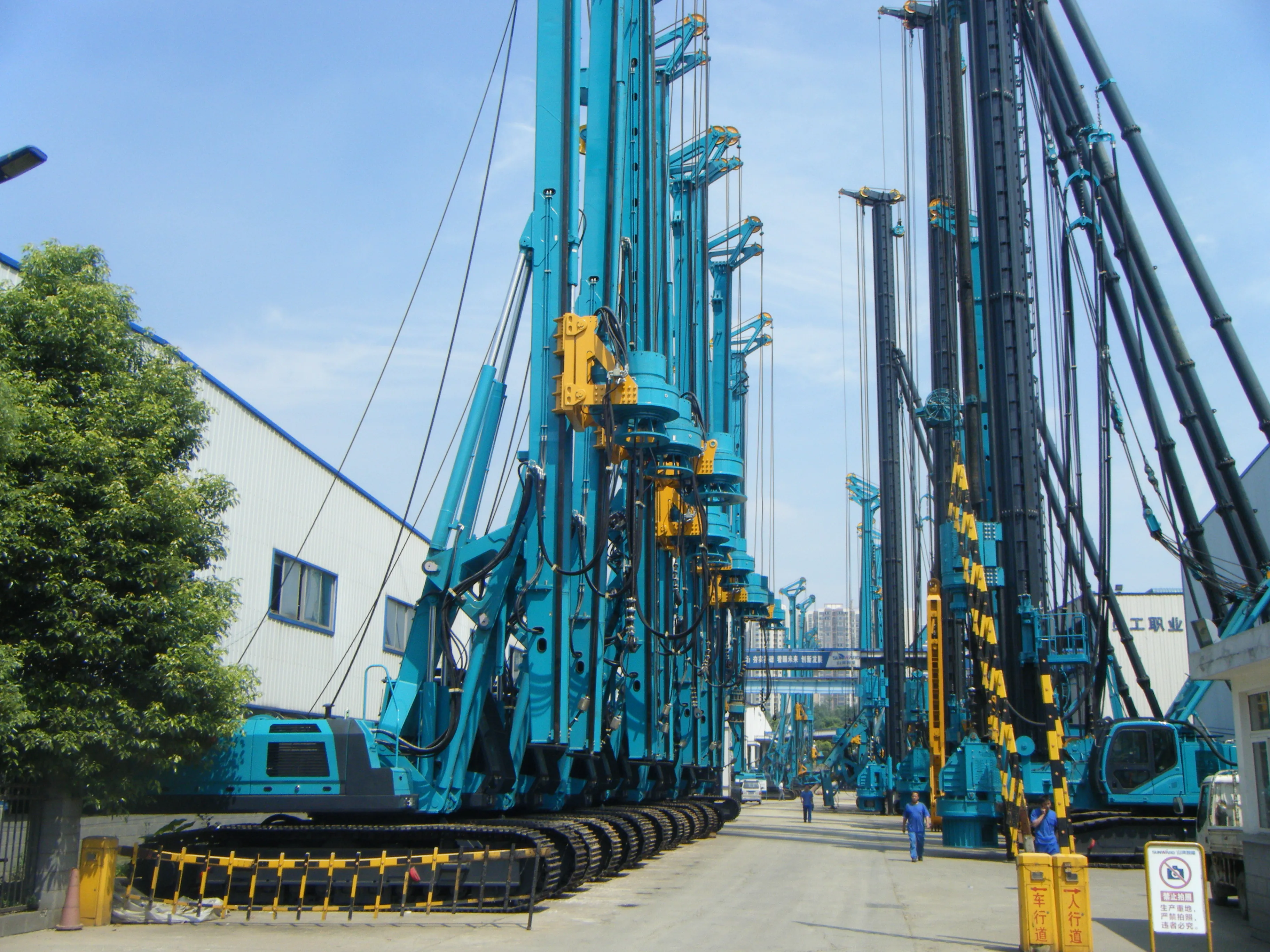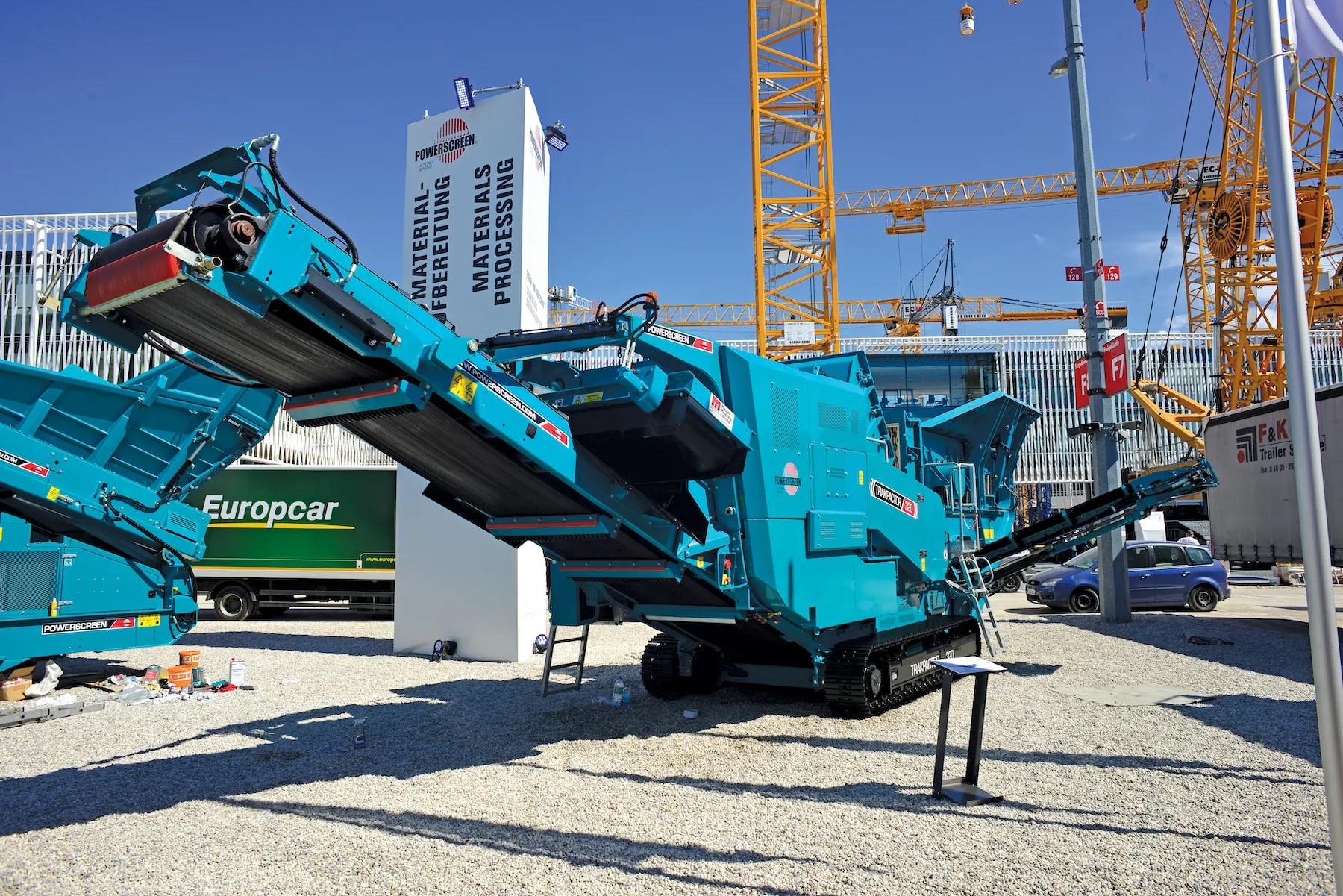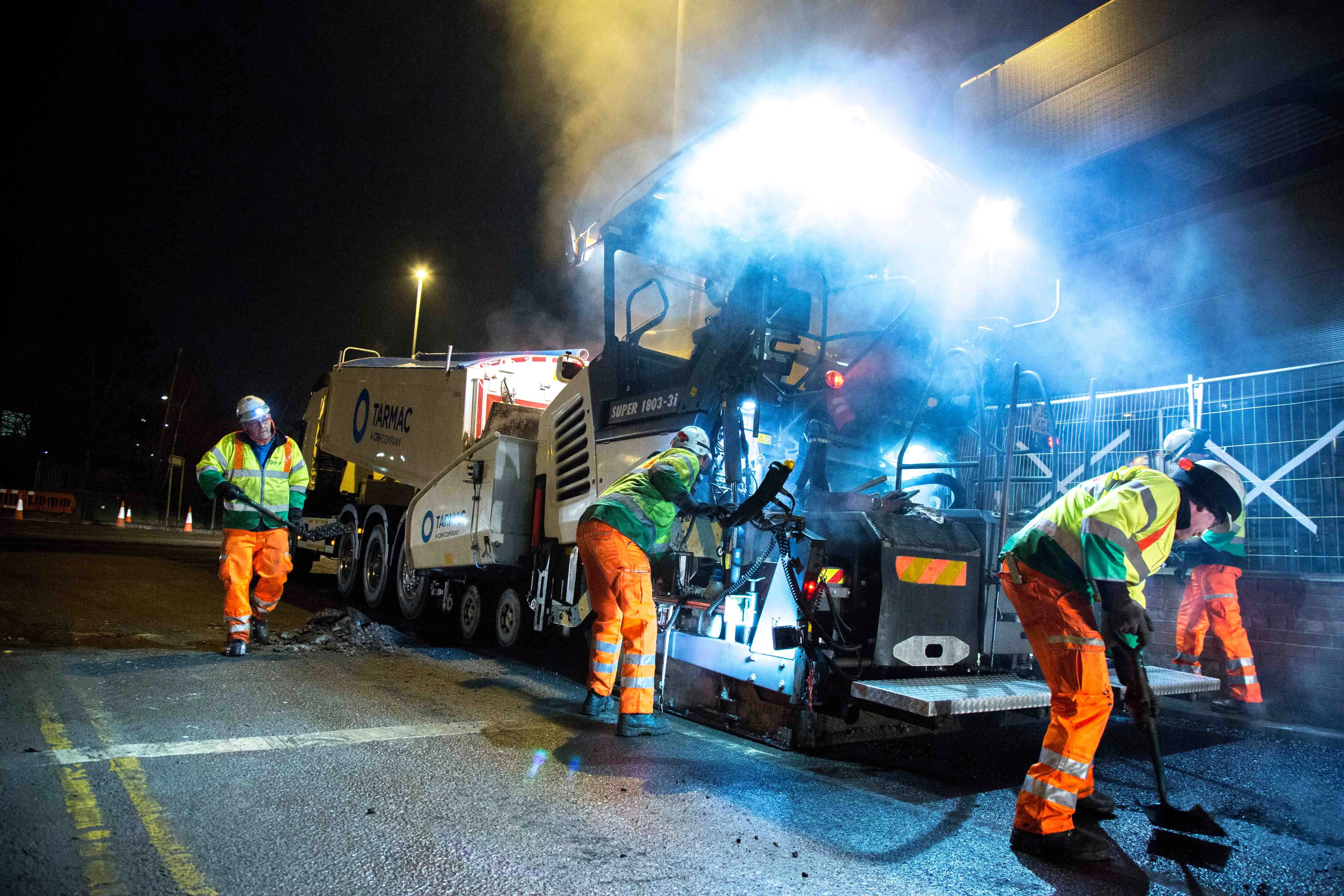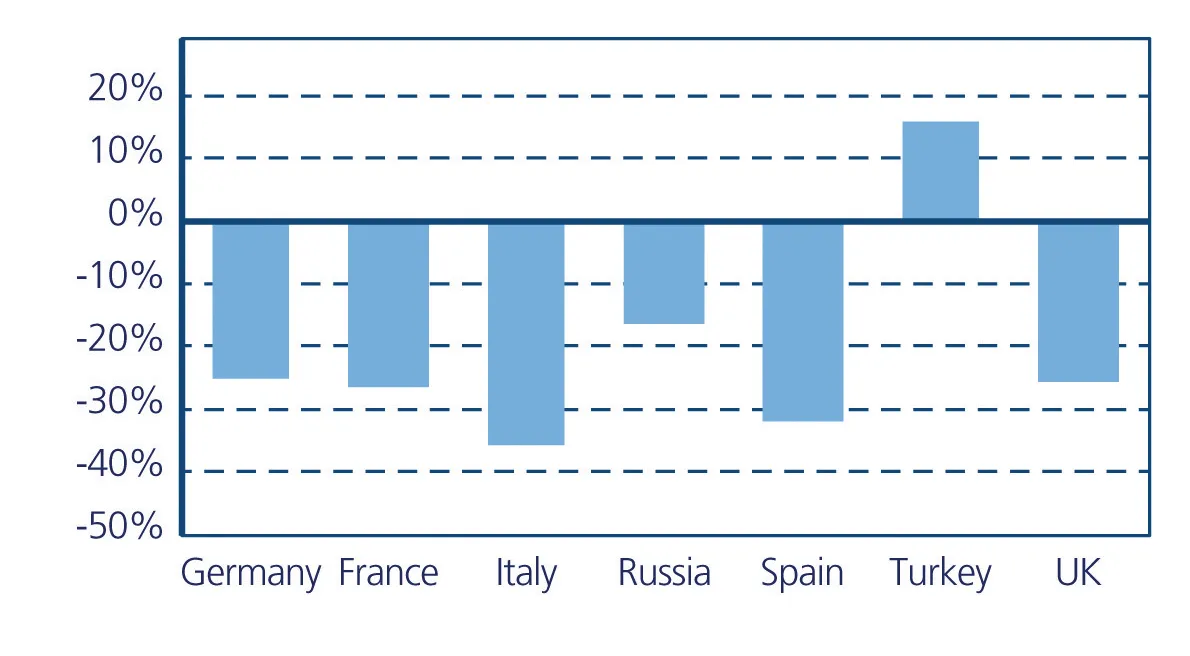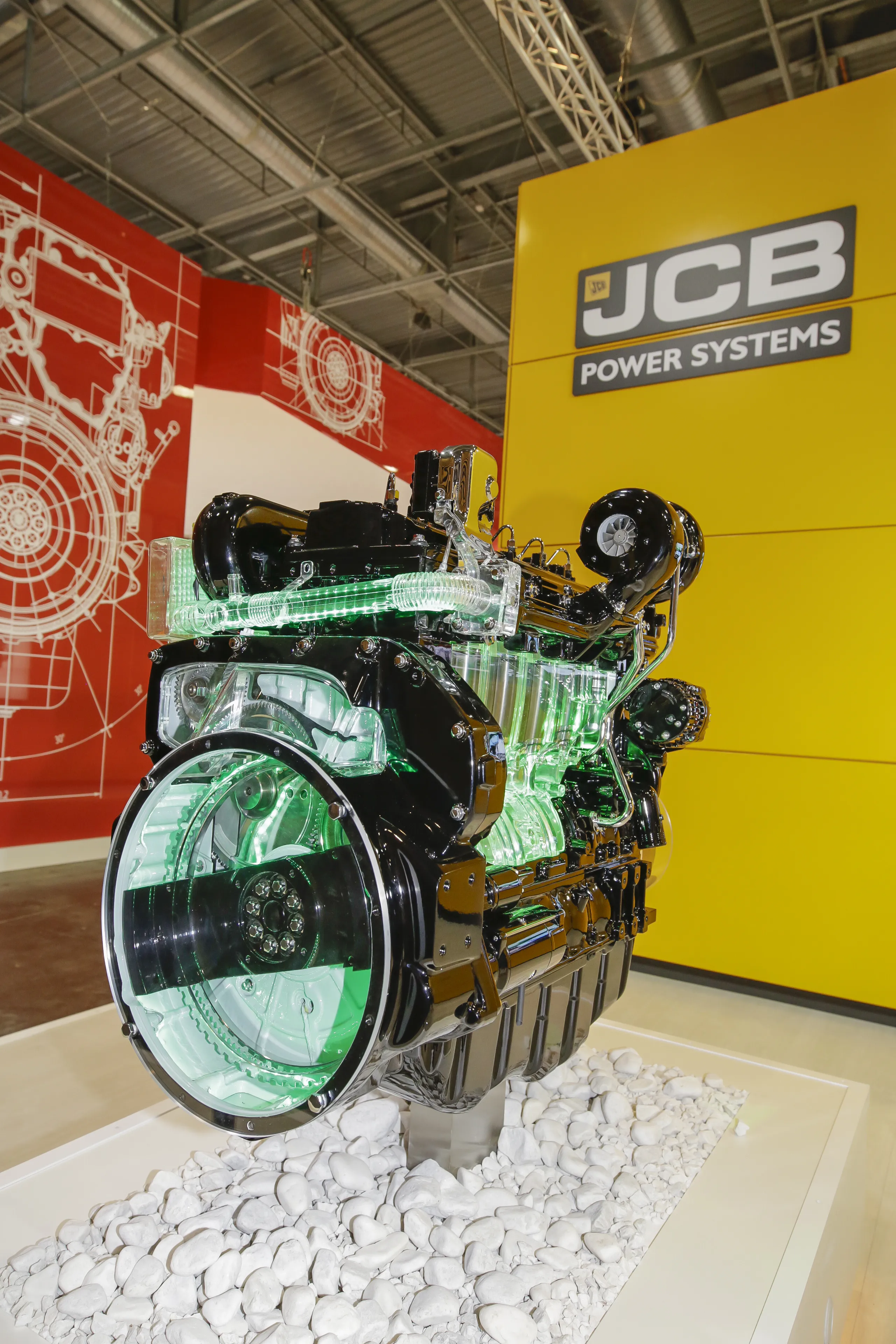
“We’ve struck some major deals with manufacturers,” said JCB Power Systems’ OEM engine sales and development manager Robert Payne. “Our OEM business is five times the size it was in 2009 and we saw 63% growth in OEM sales volumes from 2013 to 2014.”
As well as the compact SCR-only design, which allows manufacturers to maintain low engine canopies for improved operator visibility, he said that the firm’s frugal fuel consumption figures have proven increasingly popular, giving equipment firms an added sales point for their machinery.
Sister division JCB Drivetrain Systems is also reporting a big surge in demand, with regular sales to more than 115 OEMs. The most recent additions to the firm’s line-up include a locking drive axle first seen on JCB’s Fastrac range and the 760 powershift lock-up transmission, which offers lock-up in all gears for improved hill climbing and reduced fuel consumption.


